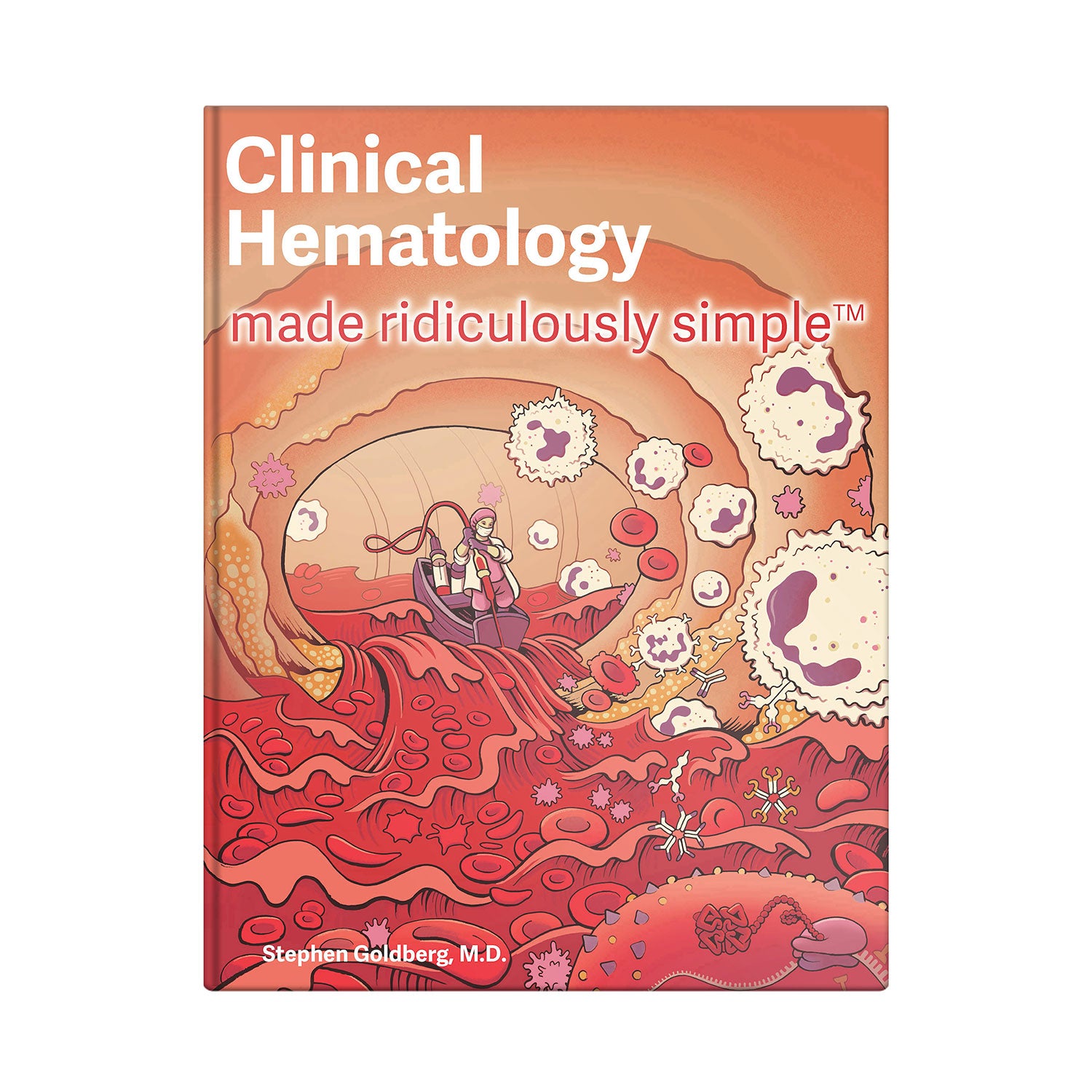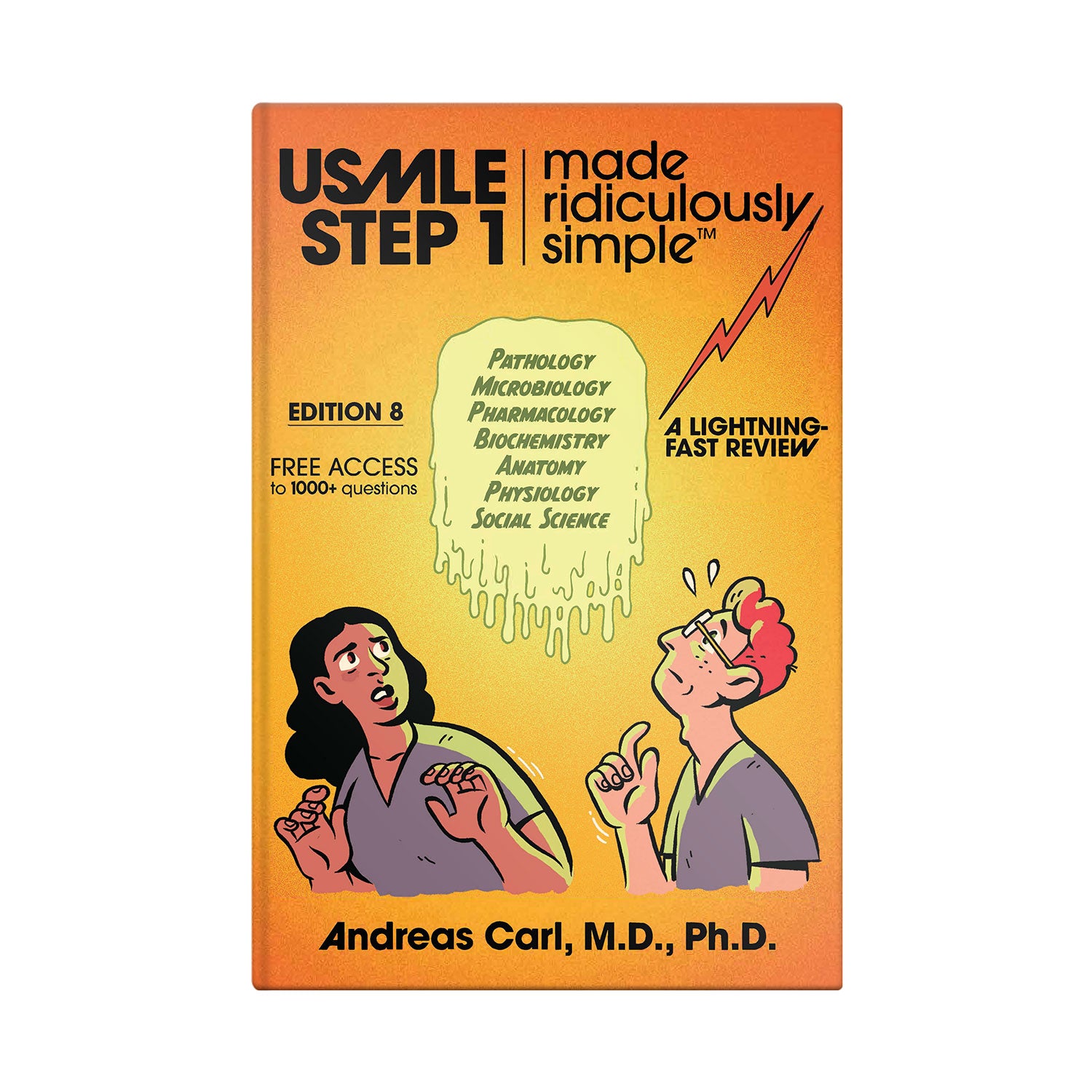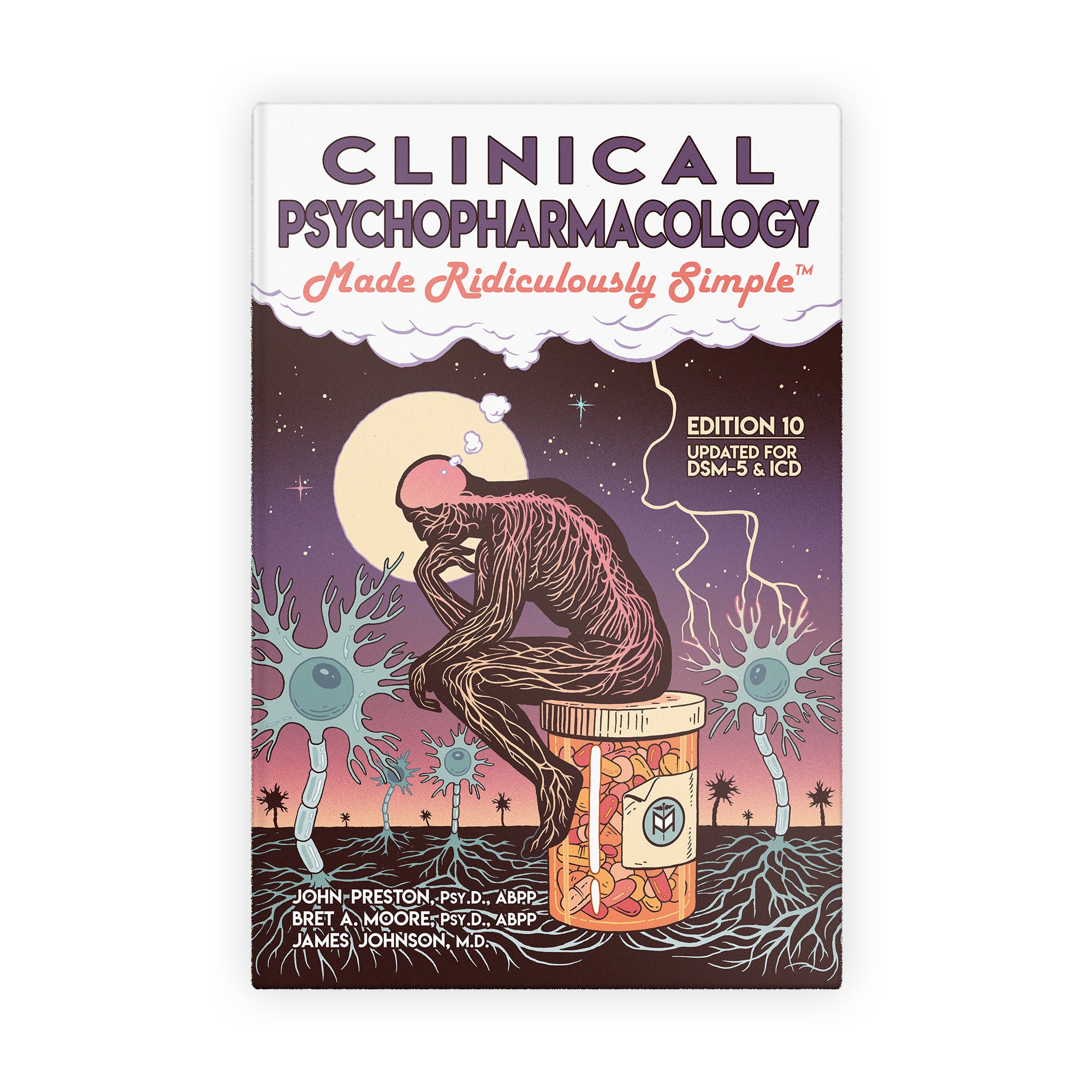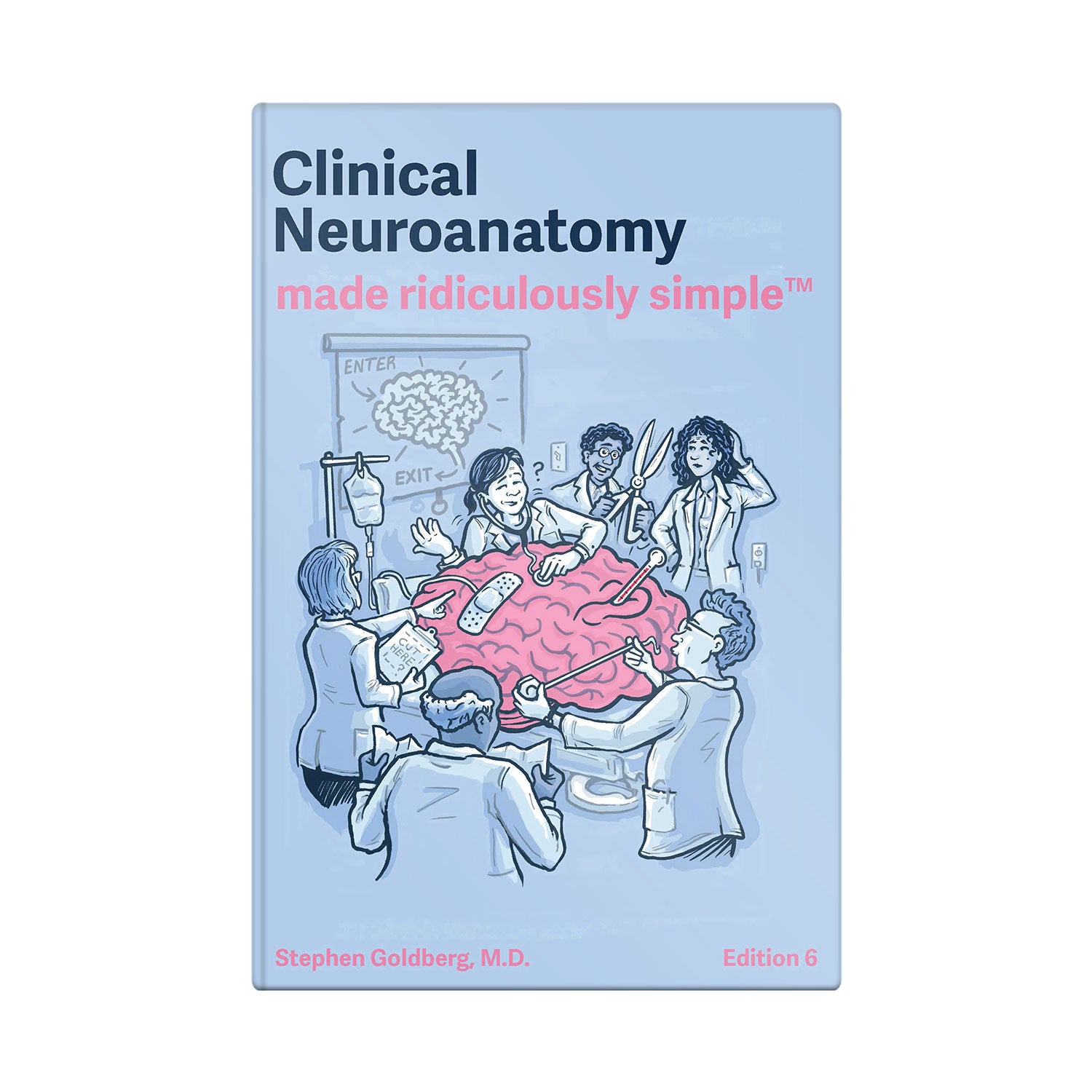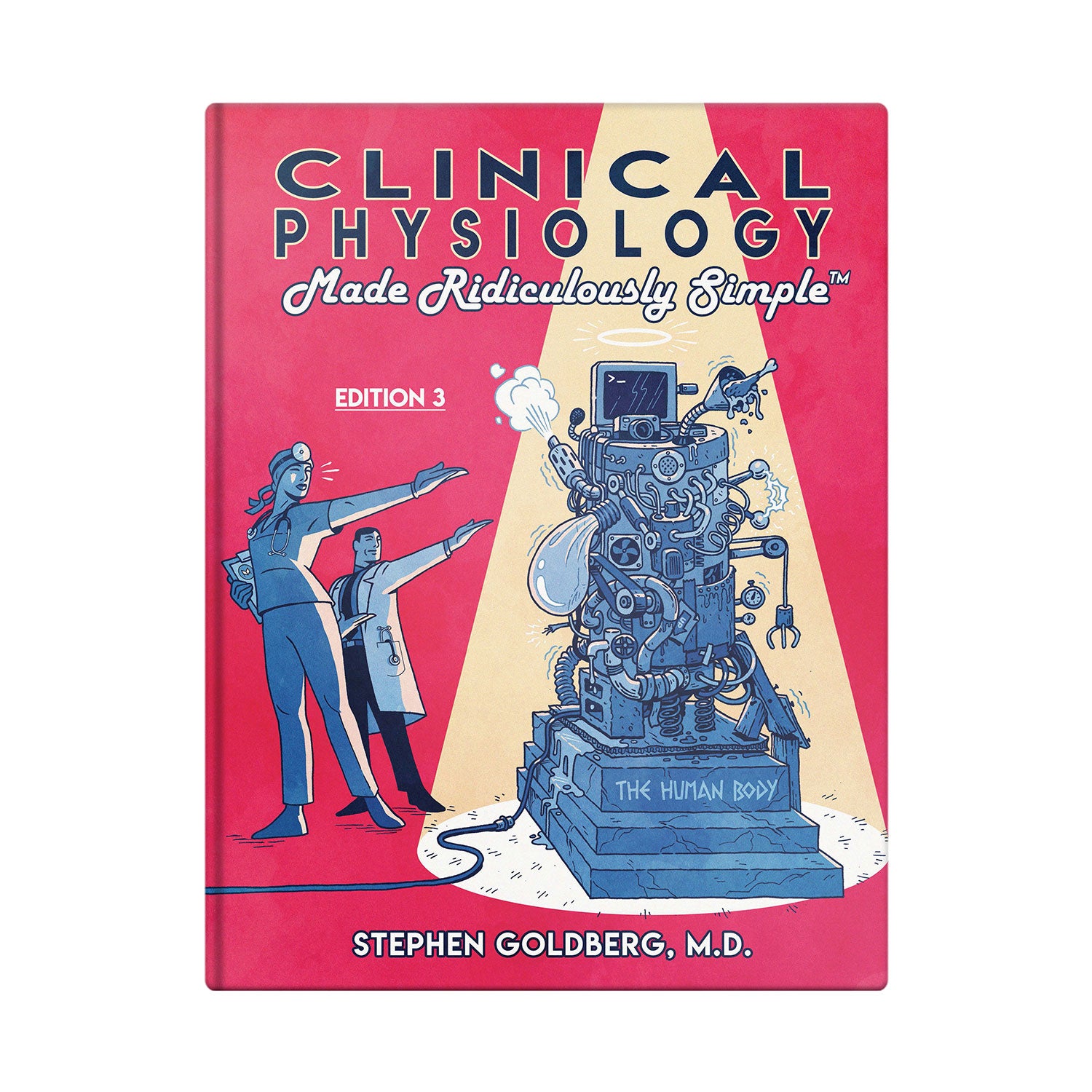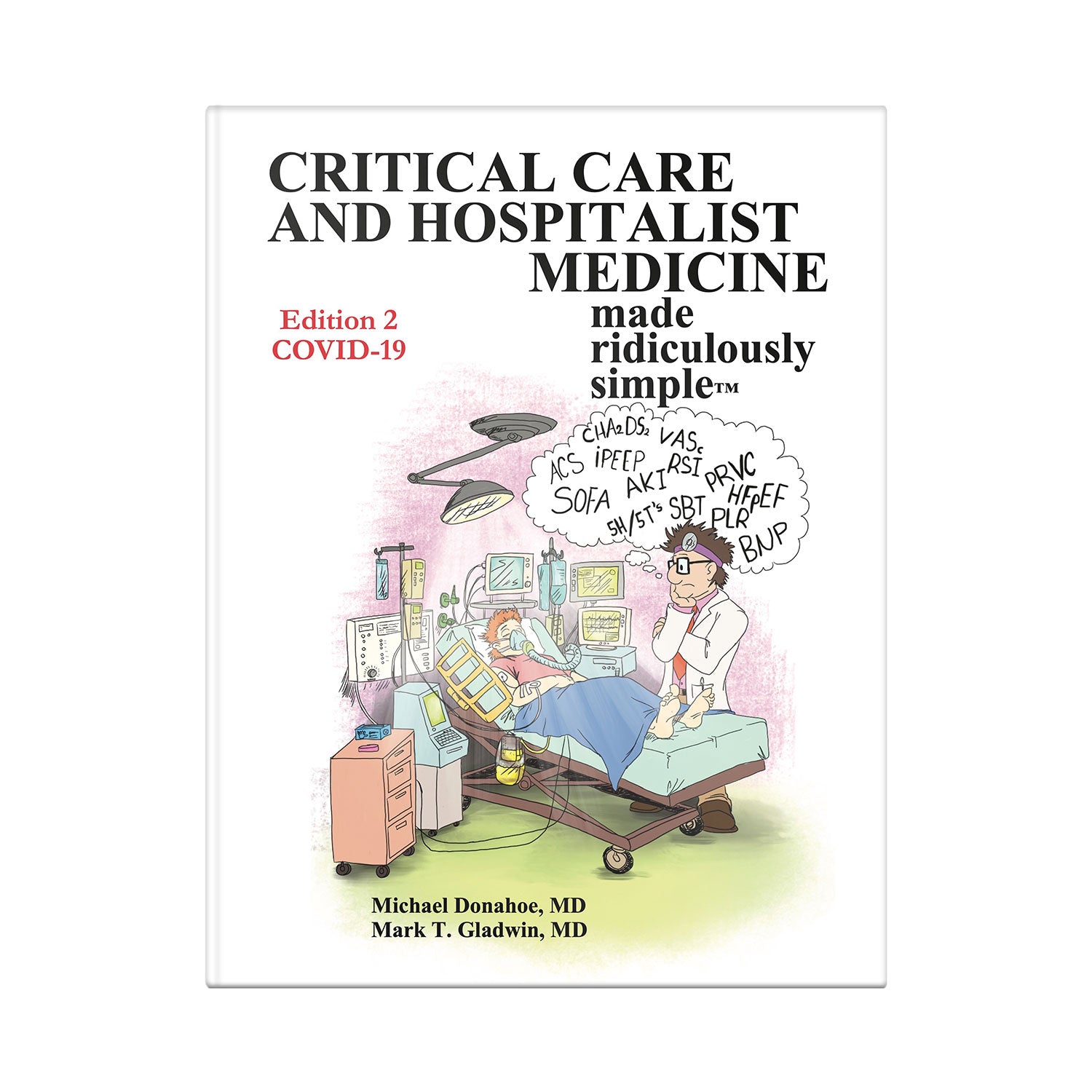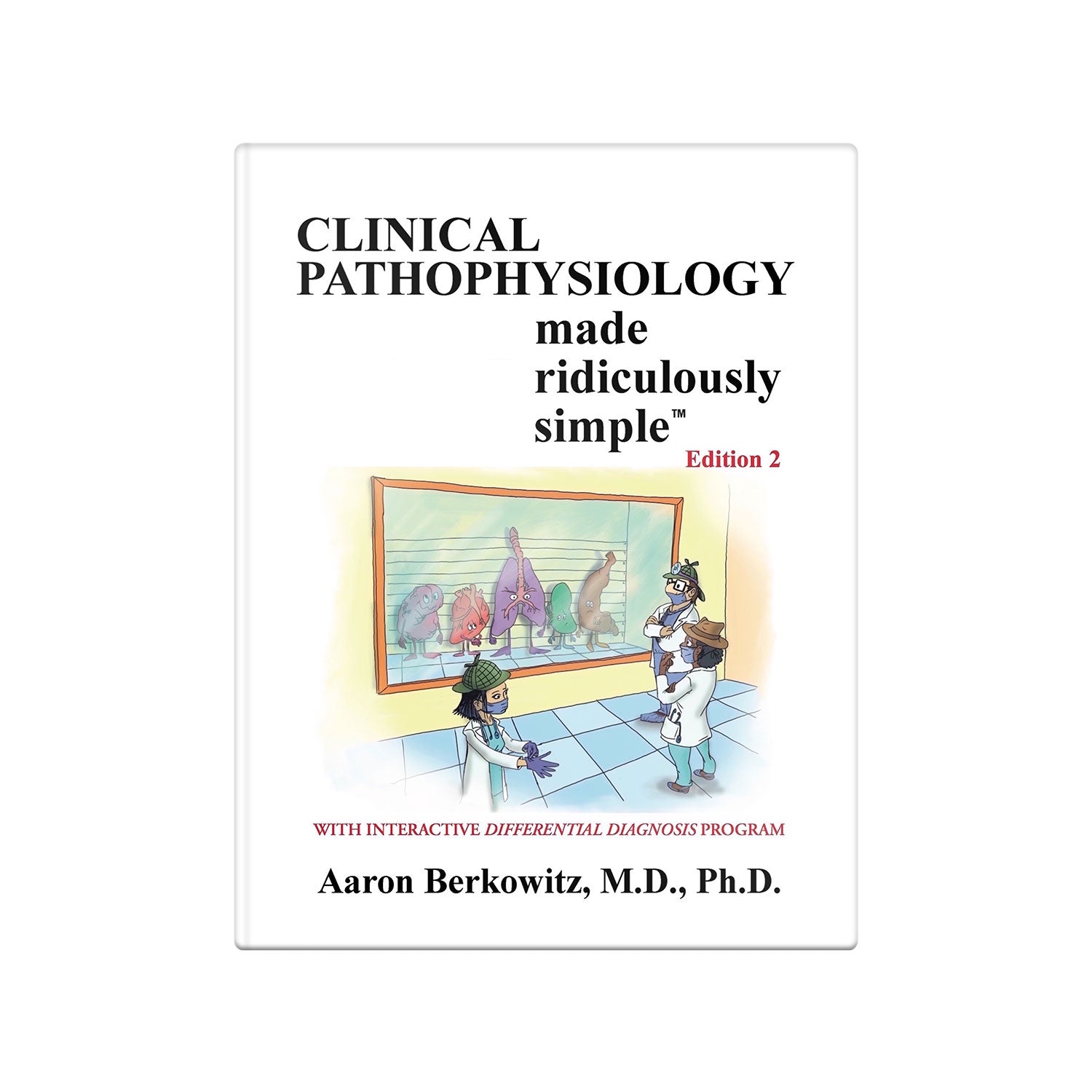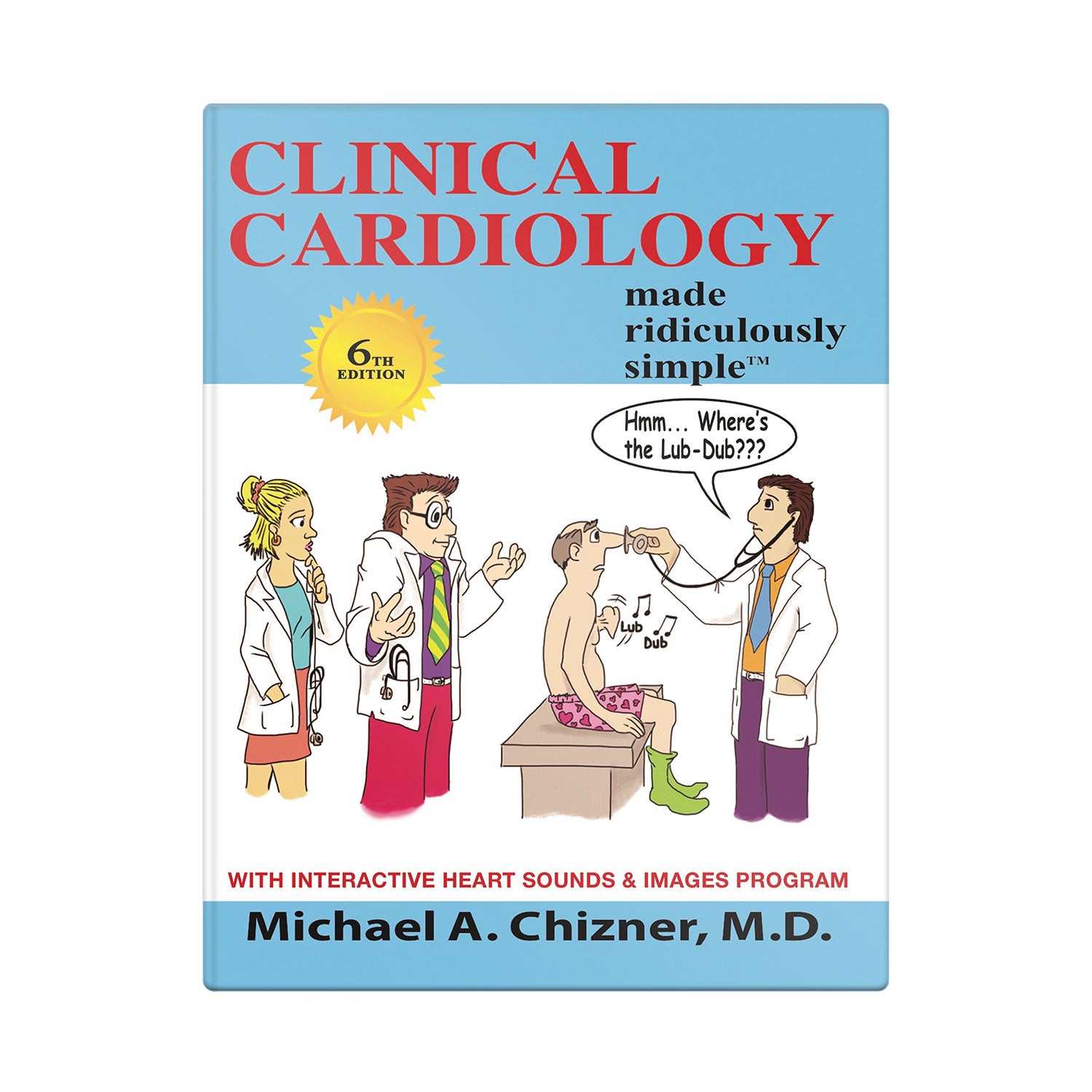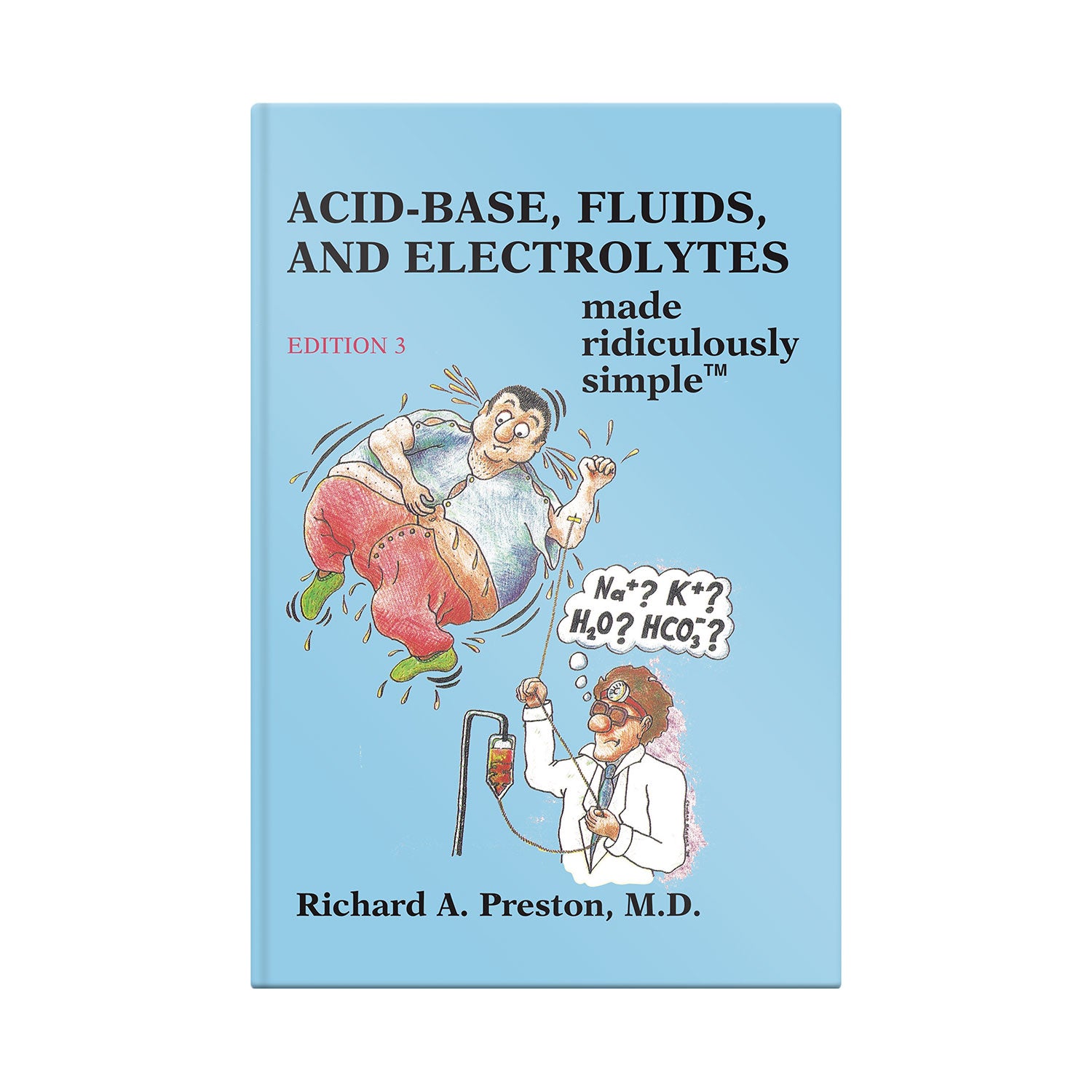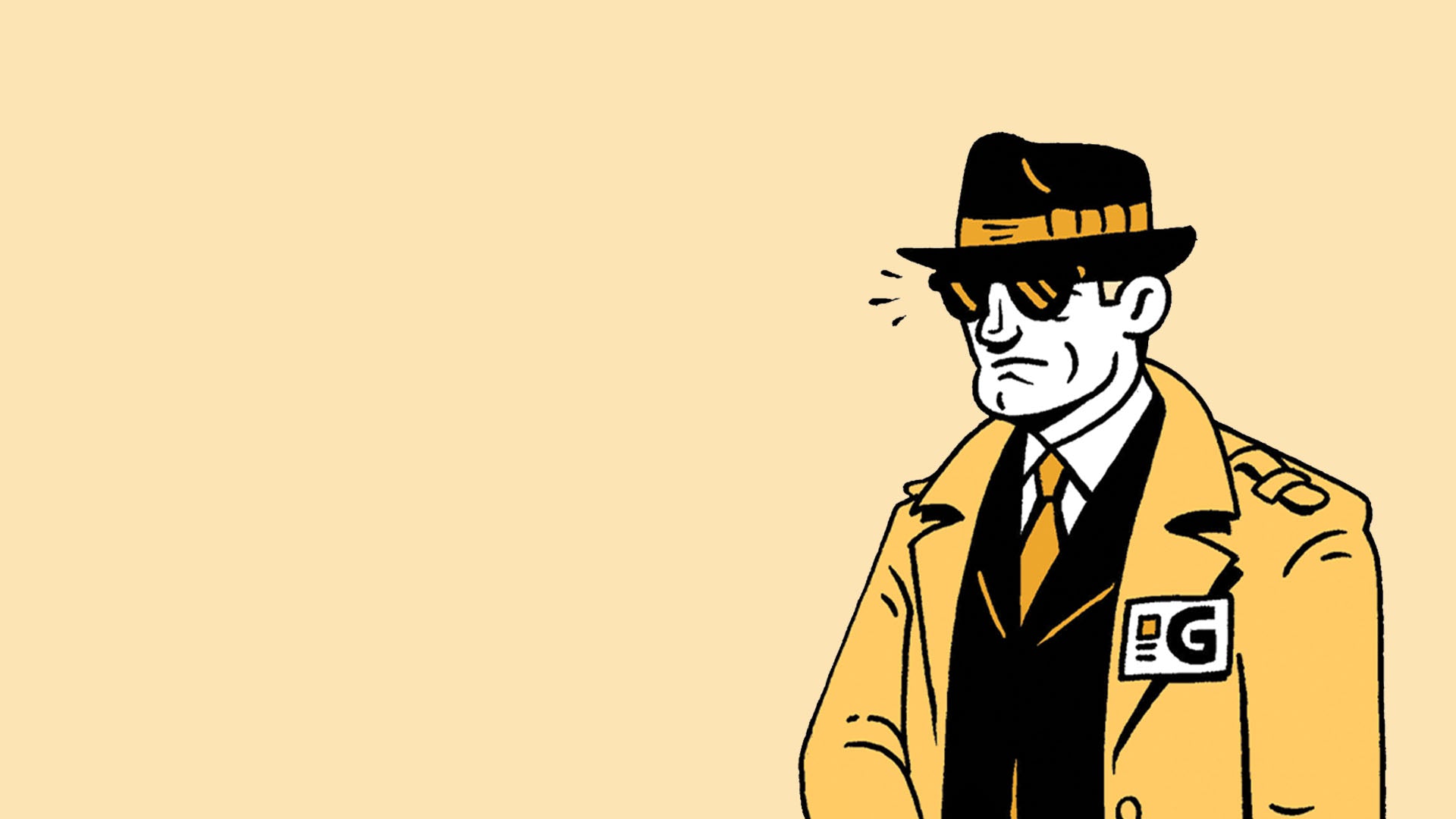

The Goldberg Files
Crush med school stress with tips and tricks to excel in your journey to becoming a top-notch clinician.
Crush med school stress with tips and tricks to excel in your journey to becoming a top-notch clinician.
Categories
- All
- Allergy
- Anatomy
- Anxiety
- Asthma
- Bedside manner
- Biochemistry
- Biostatistics
- Caffeine consumption questionnaire
- Complimentary and alternative medicine (CAM)
- COVID-19
- Critical care
- Depression
- eBooks
- eReaders
- Fatigue
- Genetics
- Hematology
- ICU
- Infectious diseases
- Learning
- Learning speed
- Medical apps
- Medical career choice
- Medical education
- Medical school
- Medical school curriculum
- Medical school memory techniques
- Medical students
- Medicine
- Memory
- Microbiology
- Mnemonics
- Neuroanatomy
- Patient follow-up
- Pharmacology
- Placebo effect
- Print books
- Psychiatry
- Quackery
- Rheumatology
- Stress
- USMLE
Depression: Often Obvious, Sometimes Hidden
October 30, 2020
/
John Preston, Psy.D
A common problem is that many people may hear about these techniques and not try them, in large...
Read more 5 min read

